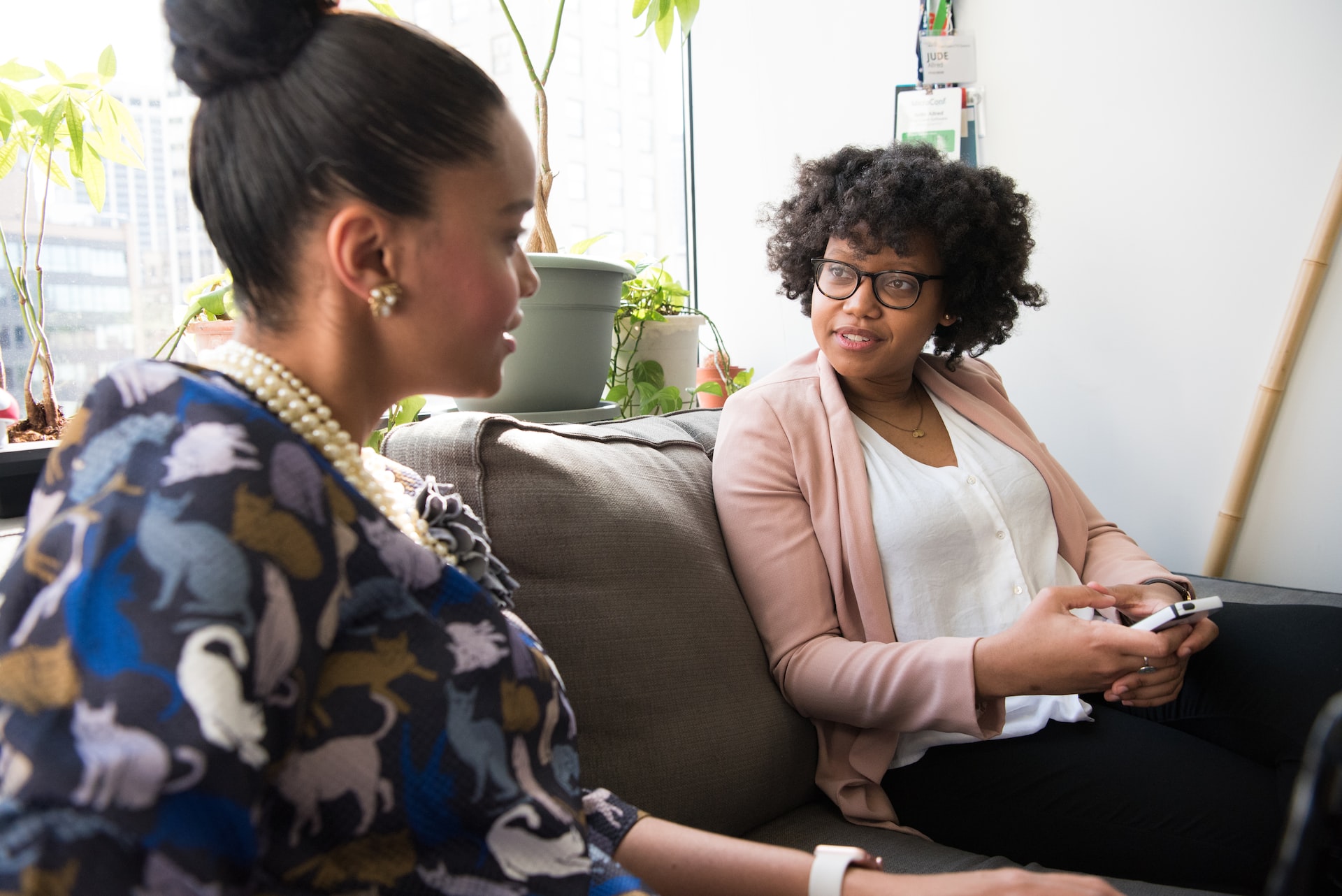How Learning About Yourself Builds Bridges (6 Ways)

The wisdom of ancient Greek philosophers might not be too relevant in everyday conversation, but they did say a few things that still hold water today. Among their commonly used maxims was a phrase that still resonates with many of us: “Know thyself.”
It’s a simple phrase, but one that’s loaded with meaning. How well does the average person really know themselves? And how often do we sit down to intentionally become acquainted with our inner monologues (that voice that runs through our heads)? Or think about our behaviors or tendencies? Or reflect on how we might have handled a past incident better?
If you’re like most people I know, you rarely carve out time for this kind of thinking. We’re all so busy with our day-to-day responsibilities, we tend to skip over personal development work. And that’s a shame because research shows, “the habit of reflection can separate extraordinary professionals from mediocre ones.”
There are many ways to develop a “habit of reflection.” You could choose to journal, take a science-based assessment test, talk to a counselor, read books on the topic (such as Insight by Tasha Eurich or Speak by Tunde Oyeneyin), or just carve out a few minutes of your day to think deeply.
Not only can learning about yourself increase your confidence, self-awareness, and authenticity, it can also be a powerful tool for building bridges between yourself and others. Here are six reasons why:
1. Increases Self-Awareness
Learning about yourself can help you gain a better understanding of who you are and how you function, enabling you to be aware of your strengths and weaknesses. This increased self-awareness can help you be in tune with the thoughts, emotions, and behavior of those around you.
2. Improves Communication
Having a better understanding of yourself can also enable you to become a better communicator. Being able to effectively explain your feelings, needs, and wants can create a basis for better relationships and improved communication. Additionally, if you take the time to understand your own communication preferences, you’ll begin to see how you differ from others. Maybe you prefer to ease into a conversation and learn about the person on the other side of the table, while others like to get straight to the point. Understanding these preferences can help set expectations.
3. Facilitates Respect & Understanding
When we understand ourselves better, we can better understand the people around us. We’re able to recognize behaviors and patterns that can help us empathize and relate to others, which leads to increased respect, understanding, and better relationships. This is all about empathy and respectfully considering others’ perspectives.
4. Prompts Greater Transparency
We’re all on our own journeys, and if you’re honest about your own motivations, interests, and opinions, it can make it easier for others to be transparent as well. Learning about yourself can also increase your authenticity, which can help to foster trust and create an atmosphere of openness and transparency.
5. Helps Establish Common Ground
Common ground is the foundation of any meaningful interaction. Knowing yourself better can help you understand the values and qualities you have in common with the people around you. This allows conversations to move beyond surface level and open the door to deeper connections and conversations.
6. Promotes Patience
Knowing yourself better can help you practice patience and acceptance in interactions with others. You’ll be able to anticipate how others will act in certain situations, and let go if they don’t do exactly what you expected. Learning about yourself can also help you accept that your behavior may not always be perfect and that you can learn from your mistakes.
--
Understanding yourself can be a powerful tool for building stronger relationships and bridging the divide between people. Taking the time to get to know yourself can give you a deeper understanding of the people around you and help you develop empathy and patience. It can also increase your self-awareness, improve your communication skills, and foster greater transparency. All of this can lead to greater respect and understanding, a better environment for conversations, and more meaningful connections.

